
🔍 Apartment Hunting? Don’t Overlook Security!
When searching for your next apartment, it’s not just about the pool, the gym, or the pet-friendly policies — it’s about your safety and peace of mind.
Florida Security Assessments, LLC
Florida Security Assessments specializes in enhancing safety through crime prevention solutions for a variety of properties, including apartments, condominiums, businesses, schools, and places of worship. Our expert Florida CPTED Practitioner conducts thorough site inspections to identify potential security vulnerabilities. By applying Crime Prevention Through Environmental Design principles, we develop customized plans to protect people and property.

Safer Communities. Fair Pricing
Affordable CPTED Security Assessments for Multifamily Properties
Compliant with Florida Statute 768.0706 • Actionable • Budget‑friendly

Educational programs to equip individuals with the knowledge and skills needed to effectively respond to emergencies, identify risks, resolve conflicts, implement physical security measures, and understand legal and ethical considerations for a safer environment.

We provide expert physical security site assessments to identify and mitigate potential risks. Our tailored solutions enhance safety and security, ensuring peace of mind for your assets, employees, and visitors.
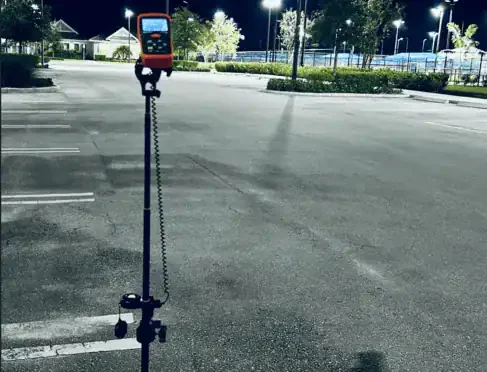
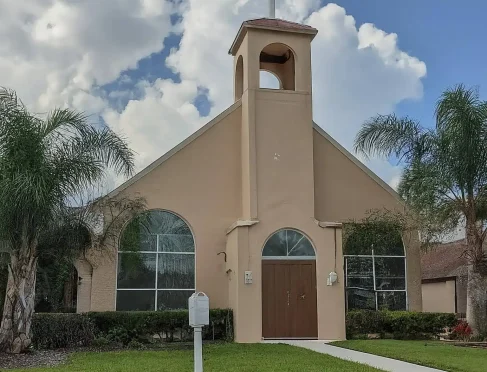
Houses of Worship are not immune from crime. A thorough site assessment and training for staff and congregants can make all the difference.
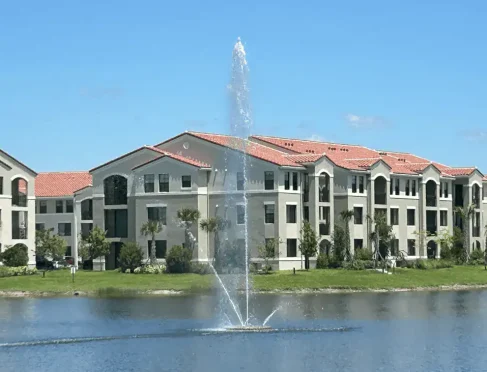
The property owner or principal operator, which substantially implements CPTED security measures, has a presumption against liability in connection with a crime
FAQ’s
Crime Prevention Through Environmental Design (CPTED) is a multidisciplinary strategy for deterring criminal behavior and protecting a community. It is grounded in the idea that the environment can impact response to crime and social control. CPTED principles aim to create environments that are more conducive to safety and security, reducing the opportunities for crime to occur.
CPTED Principles
CPTED (Crime Prevention Through Environmental Design) is a strategy that uses environmental design to deter crime. It focuses on four key principles:
These principles can be applied to various locations, including neighborhoods, commercial areas, and public spaces. By incorporating CPTED into design and planning, we can create safer and more welcoming environments.
A CTPED Assessment will identify the positive areas of the properties’ current environment and areas that need improvement. Areas needing improvement, including safety and security vulnerabilities, will be identified and options to consider for corrective actions will be provided to help the owner or principal operator make informed decisions on how to make the environment safer and, for multifamily residential properties, get them in compliance with FS 768.0706 (HB837).
A security site assessment (or physical security risk assessment) is a comprehensive evaluation conducted by a security professional. It typically includes an inventory of the assets to be protected and recommendations on how best to protect them. A strong physical security risk assessment will consider how to protect from external threats, natural disasters, and internal damage.
Florida Statute 768.0706 mandates enhanced safety measures for multifamily residential properties. A core component of this law is Crime Prevention Through Environmental Design (CPTED).
CPTED is a strategy that leverages physical environment design to deter crime and improve overall safety.
The law offers property owners and operators a presumption against liability for crimes committed by third parties if they implement specific security measures:
To ensure compliance, all multifamily properties must undergo a CPTED assessment by a qualified professional or law enforcement agency before January 1, 2025. This assessment must be updated every three years, and property owners must maintain substantial compliance with its recommendations.
A Florida CPTED Practitioner (FCP) is a certified expert in Crime Prevention Through Environmental Design (CPTED). They have completed rigorous training and coursework to understand how to use physical design principles to deter crime.
To earn the FCP designation, individuals must undergo 64 hours of comprehensive CPTED training, including both basic and advanced courses. This training covers topics like property design, surveillance, access control, and community involvement.
Once certified, FCPs must maintain their credentials by completing continuing education courses every three years.
Essentially, FCPs are professionals who can assess properties, identify security vulnerabilities, and recommend design changes to improve safety and reduce crime.
Ron Vosatka, FCP, for Florida Security Assessments has acquired the credentials through FCPTI and is also a contract instructor for FCPTI teaching law enforcement professionals on Crime Prevention and has maintained a contract with the State of Florida Attorney General’s Office for many years.

When searching for your next apartment, it’s not just about the pool, the gym, or the pet-friendly policies — it’s about your safety and peace of mind.
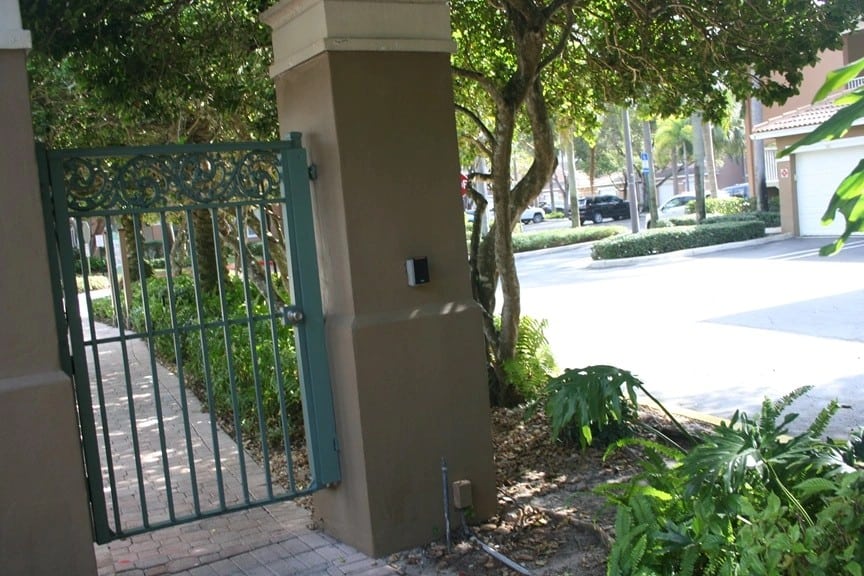
Can you identify the security risk in this photo?
Pedestrian gate: CHECK
Access Controls: CHECK
Secure Community: FAIL
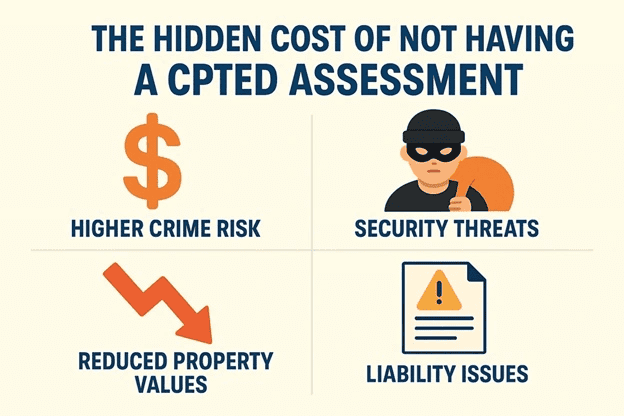
Most property managers think about security in terms of locks and cameras.But here’s what they’re NOT thinking about:⚠️ Legal liability.

When searching for your next apartment, it’s not just about the pool, the gym, or the pet-friendly policies — it’s

Can you identify the security risk in this photo?
Pedestrian gate: CHECK
Access Controls: CHECK
Secure Community: FAIL

Most property managers think about security in terms of locks and cameras.But here’s what they’re NOT thinking about:⚠️ Legal liability.